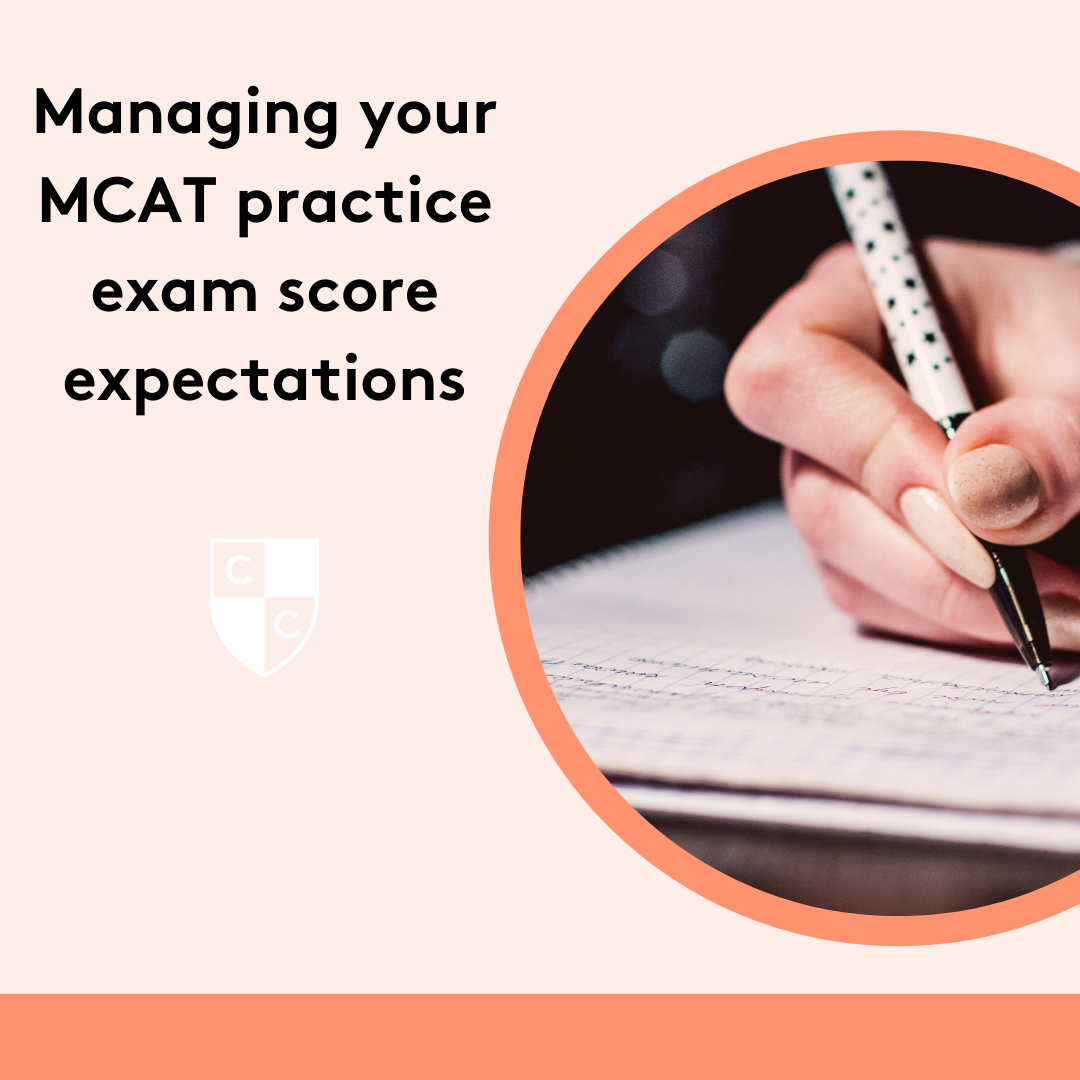 You’ve done it. You’ve taken that first (or second, or third, or tenth) practice test. Maybe you’ve been studying for weeks, or perhaps this is your first step in analyzing where you are. Either way, this practice test score may not be the score you want to end up with. In fact, it may not even be close. This may send some students into a panic, but let’s discuss the best methods to make use of this information.
You’ve done it. You’ve taken that first (or second, or third, or tenth) practice test. Maybe you’ve been studying for weeks, or perhaps this is your first step in analyzing where you are. Either way, this practice test score may not be the score you want to end up with. In fact, it may not even be close. This may send some students into a panic, but let’s discuss the best methods to make use of this information.
Step away for the rest of the day
After spending 6-7 hours analyzing questions, you are probably exhausted. Compounded with a score that may feel disappointing, it’s not the best time to review the entire test. Take the rest of the day away from MCAT studying, relaxing and recharging with activities that you enjoy. Some suggestions include going for a run, enjoying your favorite take out, or spending time with friends. Be sure to get a good night's sleep after, as reviewing the exam can take just as long as taking it!
Review every question
While it may be tempting to review only the questions that are incorrect, there are multiple reasons to thoroughly review every question. Questions can be correct either because you were certain of the answer, or through some guess work. If you did in fact get a question right when you were certain of the answer, reviewing the question will take little time. However, failing to review questions that you got correct either because you guessed or that you got correct for the wrong reasons could leave gaps in your knowledge when a similar question is framed in a different way.
Have a method to your madness
“Reviewing” questions can take many forms, and there is not a one-size-fits-all method. However, what is important is that you are systematically reviewing each question to understand why you got it wrong. It’s not always a gap in content knowledge. Did you run out of time? Misread a sentence? Get tricked by an answer choice that tempted you for the wrong reasons? Whatever the reason, mark it down, and then note patterns once you’ve reviewed the entire test. You may be surprised at what you find.
Strategize around your weaknesses
Once these patterns have been found, you can start to focus on the things that are causing your score to be lower than desired. This doesn’t mean changing your entire study plan, especially if you are still very early on in your studying. However, make a list of these patterns, and keep them in the back of your mind as you continue to study and take tests. If these patterns continue to emerge, you can start to focus your time attacking these specific issues that are preventing you from reaching your goal.
Anyone can study hard - but the real key to MCAT success is learning to study smart. So, while all forms of MCAT preparation require you to crunch a lot of material, we focus on helping you to make strategic choices about your areas of focus at every step of the game. Each Cambridge Coaching tutor is a highly-skilled manager of your personal study process. He or she will do more than just target your weaknesses - your tutor’s goal is to identify the sections where you have the greatest potential for improvement, and teach you to wring every last point from them by creating the roadmap for your studying, and helping you stick to it. Right from the start, your tutor will create a customized syllabus for you, and will then modify that syllabus as needed.


Comments